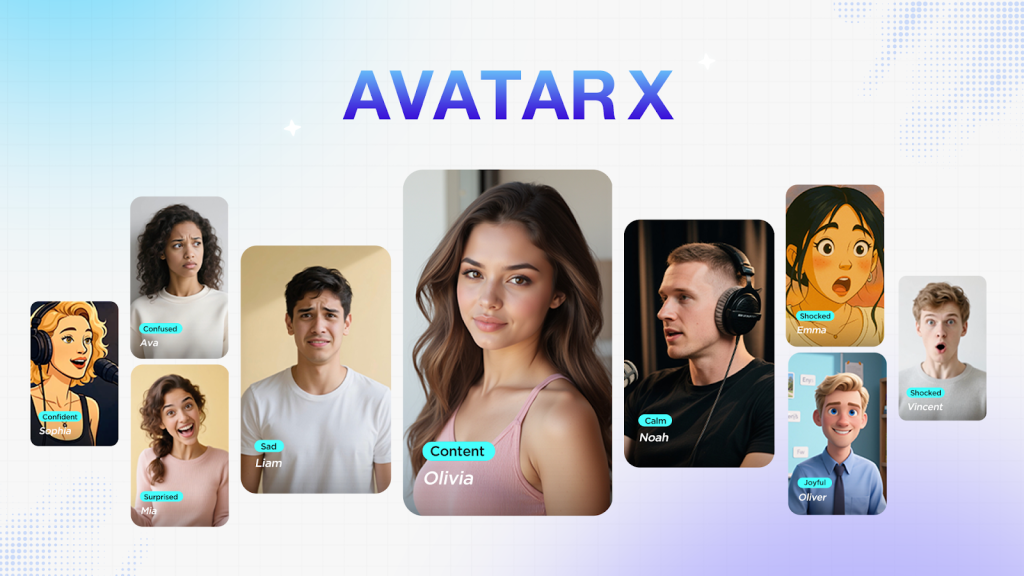The digital entertainment landscape has undergone a remarkable transformation over the past decade, with online gaming emerging as the dominant force driving innovation and change. What began as simple arcade-style experiences has evolved into a sophisticated ecosystem that influences everything from social interaction to technological development. Online games are no longer just entertainment products—they represent a fundamental shift in how we connect, compete, and create digital experiences together.
1. Revolutionary Social Connectivity
Think about how your grandmother might have met friends at the local church social, or how your parents connected through neighborhood gatherings. Today’s online games serve a similar purpose, but on a global scale that would have seemed impossible just twenty years ago. I’ve witnessed firsthand how players who start as strangers in a raid can become genuine friends who attend each other’s weddings.
These aren’t superficial connections either—when someone’s going through a tough time, their gaming buddies often provide real emotional support. The shared challenges and victories create bonds that feel authentic because they’re earned through cooperation and mutual respect. World of Warcraft guilds have become tight-knit communities where members check in on each other’s real lives, while Fortnite squads develop inside jokes and traditions that carry over into other aspects of their friendships.
2. Diversification of Gaming Demographics
My neighbor, a 68-year-old retired teacher, would laugh if you called her a “gamer.” Yet she spends her evenings playing online with friends she’s never met in person, chatting about everything from grandchildren to gardening between rounds. This shift surprises many people who still picture gaming as a teenage boy’s hobby. Walk into any internet café nowadays and you’ll see businesspeople unwinding with mobile games during lunch breaks, parents bonding with their adult children over cooperative adventures, and seniors discovering that the classic bingo game format works perfectly on tablets.
Game developers have caught on—they’re designing experiences that don’t require lightning-fast reflexes or memorizing complex control schemes. Instead, they focus on creating welcoming environments where anyone can jump in and have fun, regardless of their previous gaming experience or technical expertise.
3. Economic Innovation Through Virtual Economies
Here’s something that would sound like science fiction to someone from 1995: people are paying their rent by selling virtual swords. A friend of mine in the Philippines earns more from playing certain games than he did at his previous job in customer service. These virtual worlds have developed their own stock markets, complete with speculation, inflation, and economic cycles that economists study seriously.
Players trade rare items like they’re collectible art pieces, with some digital assets selling for thousands of dollars. What’s particularly fascinating is how these economies often reflect real-world principles—scarcity drives up prices, seasonal events create market fluctuations, and skilled players can corner markets through strategic thinking. Some countries are even beginning to tax virtual income, recognizing that these digital earnings represent genuine economic activity.
4. Technological Advancement and Innovation

Gaming companies are basically the unsung heroes of technological progress. They’re the ones pushing for faster internet, better graphics cards, and smoother streaming—improvements that benefit everyone, not just gamers. My laptop can handle video calls with crystal-clear quality partly because gaming companies demanded better performance years ago. Cloud gaming represents a particularly interesting development; instead of needing an expensive computer, you can now play high-end games on your phone or an old laptop.
The technology that makes this possible is starting to appear in other areas too. Medical students are using VR systems originally designed for gaming to practice surgeries, and architects are using game engines to create walkthrough experiences for clients. Even the artificial intelligence that powers smart assistants learned some of its tricks from game development, where creating believable computer-controlled characters has been a priority for decades.
5. Content Creation and Creative Expression
Remember when creating entertainment required expensive equipment and industry connections? Those days are fading fast. A teenager with a creative idea can now build an entire virtual world that millions of people might explore. I know someone who started making custom maps for fun and ended up with a job at a major game studio. Minecraft has become a digital LEGO set for adults, with people recreating famous landmarks or designing impossible architectural masterpieces.
Meanwhile, platforms like Twitch have turned skilled players into entertainers who earn substantial incomes just by being enjoyable to watch. The barrier between consuming and creating entertainment has practically disappeared. Kids who grow up with these tools think of creativity differently—they see digital spaces as malleable environments they can reshape rather than fixed experiences they simply consume. This shift in perspective is producing a generation that approaches problems with a creator’s mindset.
6. Mental Health and Therapeutic Applications
This might sound counterintuitive given all the negative press about gaming addiction, but therapists are actually prescribing games to some patients. A veteran dealing with PTSD might find relief through carefully designed experiences that help process traumatic memories in a controlled environment. People with social anxiety can practice interactions in virtual spaces where the stakes feel lower than face-to-face conversations. During the pandemic, many people discovered that online gaming provided crucial social connection when physical meetups weren’t possible.
My elderly uncle, who had become increasingly isolated after retirement, found new purpose in helping younger players learn complex games. Of course, moderation matters—like any powerful tool, games can be misused. However, when approached thoughtfully, they offer unique therapeutic benefits that traditional methods sometimes struggle to provide. The key lies in understanding individual needs and finding the right balance.
7. Cross-Media Integration and Transmedia Storytelling

The entertainment industry is experiencing a fascinating evolution where the lines between different media formats are becoming increasingly blurred. When Fortnite hosted a virtual concert that drew over 12 million viewers, it wasn’t just a gaming event—it was a cultural moment that challenged traditional ideas about live entertainment. Movie studios now consider video game adaptations as seriously as they do sequels, while successful games spawn television series, novels, and merchandise lines. What’s particularly interesting is how stories can now continue across multiple platforms.
A character might appear in a game, then star in a web series, before showing up in a feature film—each medium adding new layers to the narrative. This approach keeps audiences engaged longer and provides multiple entry points for new fans. For creators, it offers unprecedented opportunities to build rich, complex fictional universes that can generate revenue and maintain audience interest across several years or even decades.
Conclusion
Online games have transcended their origins as simple entertainment products to become influential cultural forces that shape how we interact, learn, and create in the digital age. From fostering global communities to driving technological innovation, gaming’s impact extends far beyond the virtual worlds where it takes place. As these platforms continue evolving, they will likely play an even more significant role in defining our digital future, influencing everything from social norms to economic models. The transformation we’ve witnessed so far represents just the beginning of gaming’s potential to reshape digital entertainment and human interaction in the connected world.





















